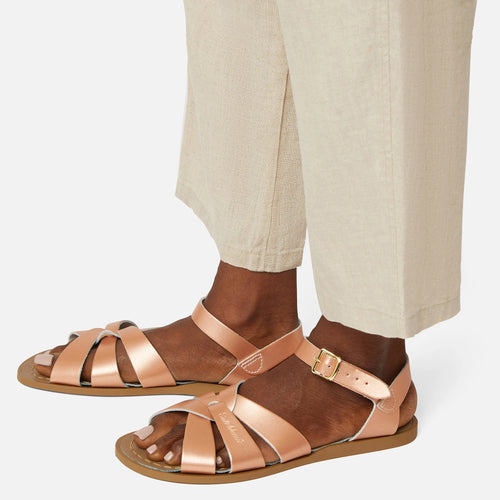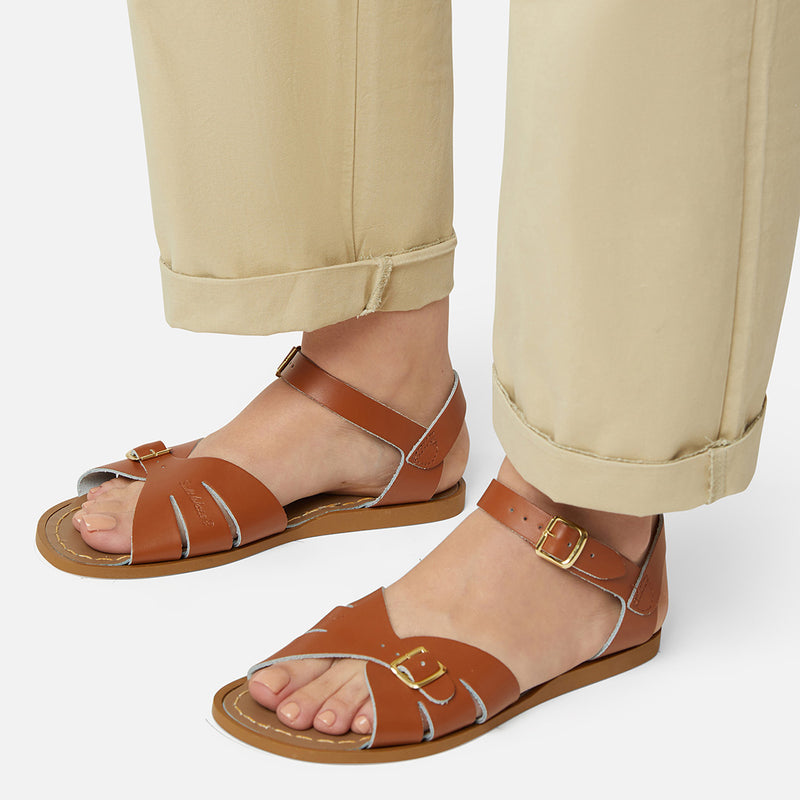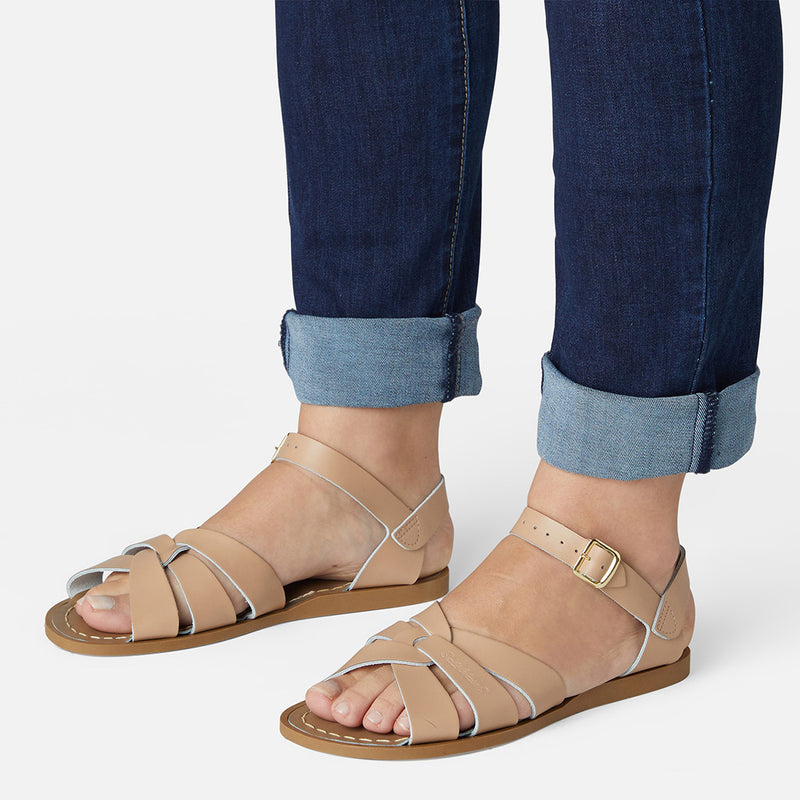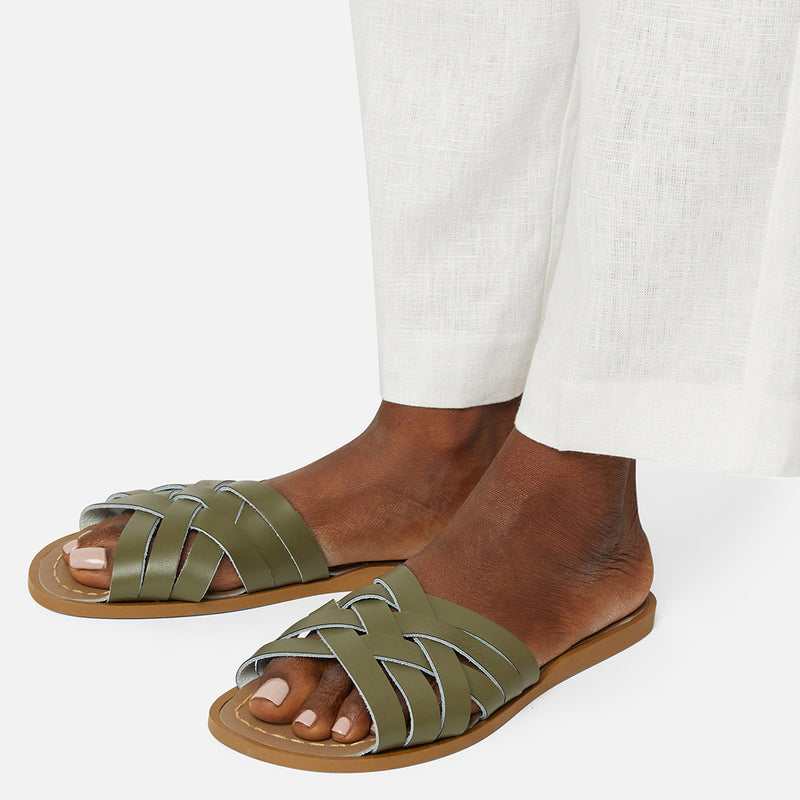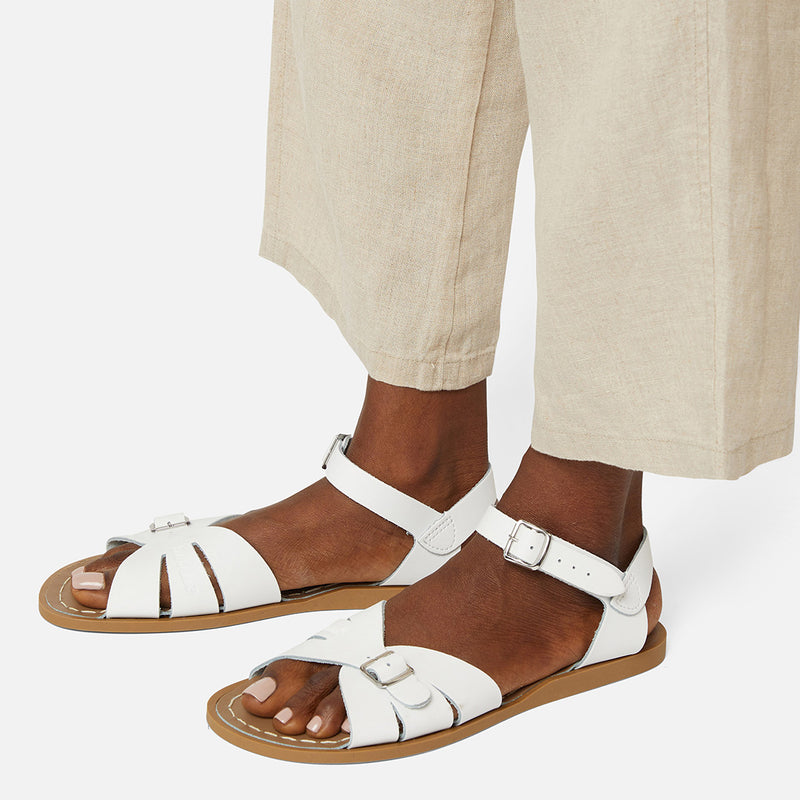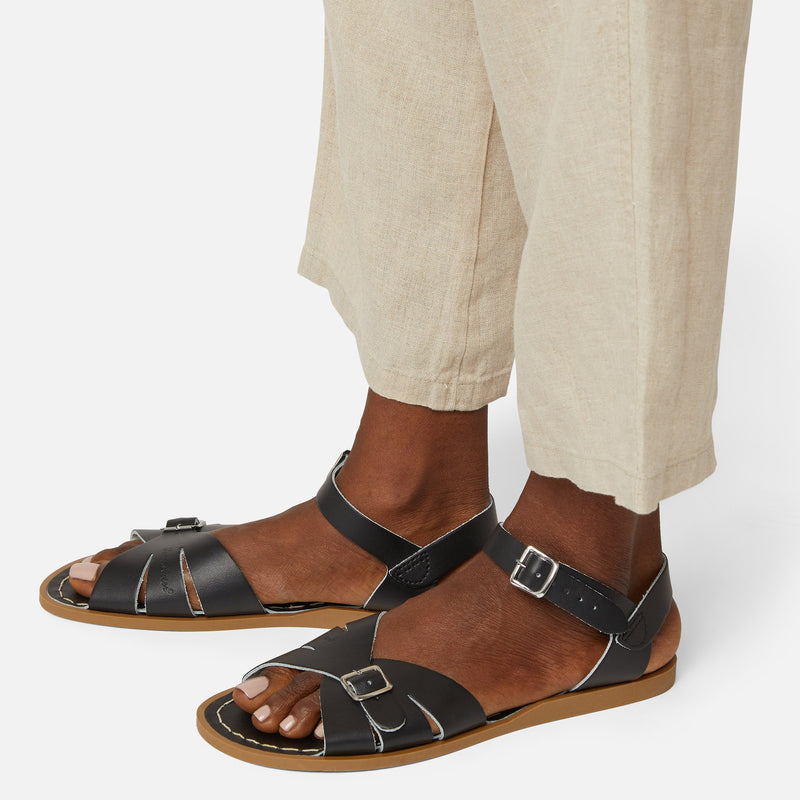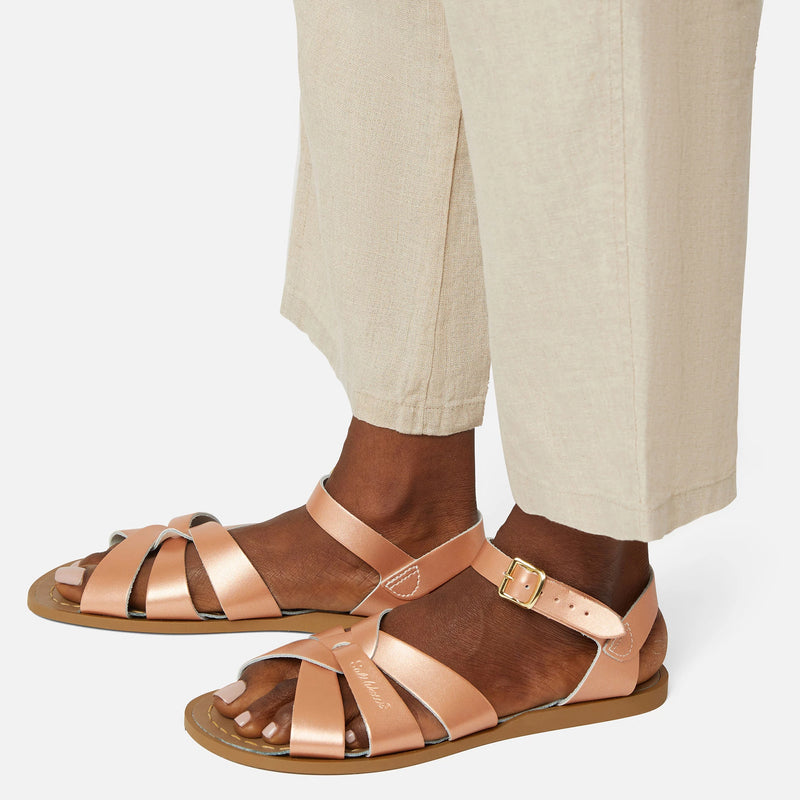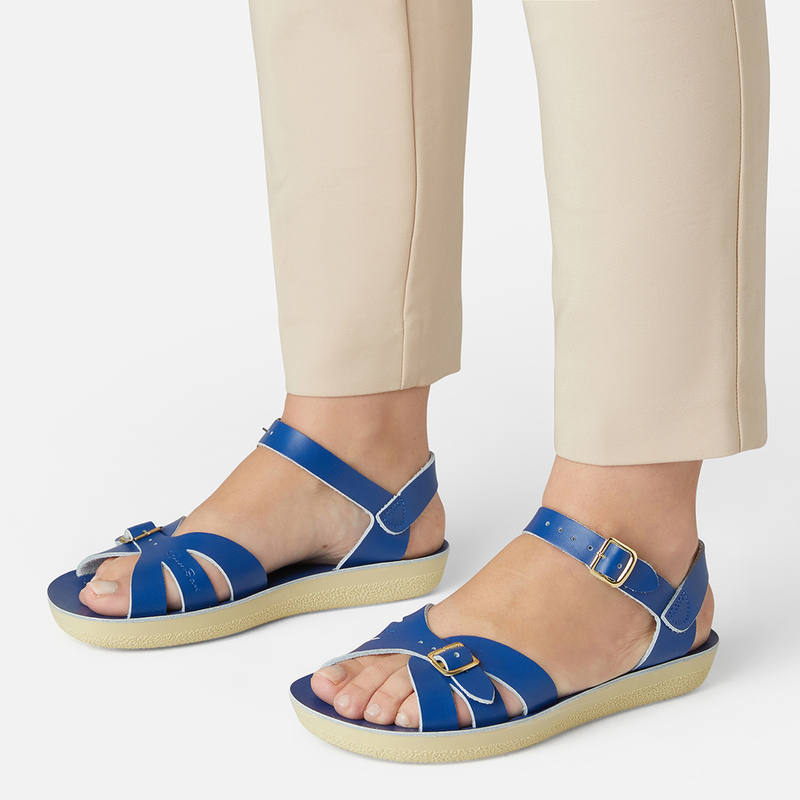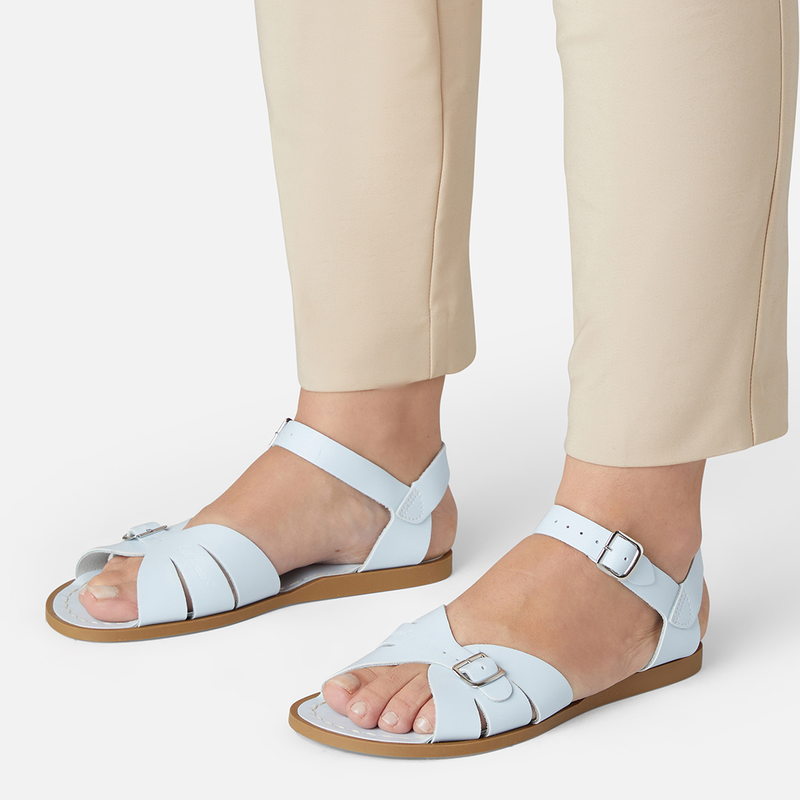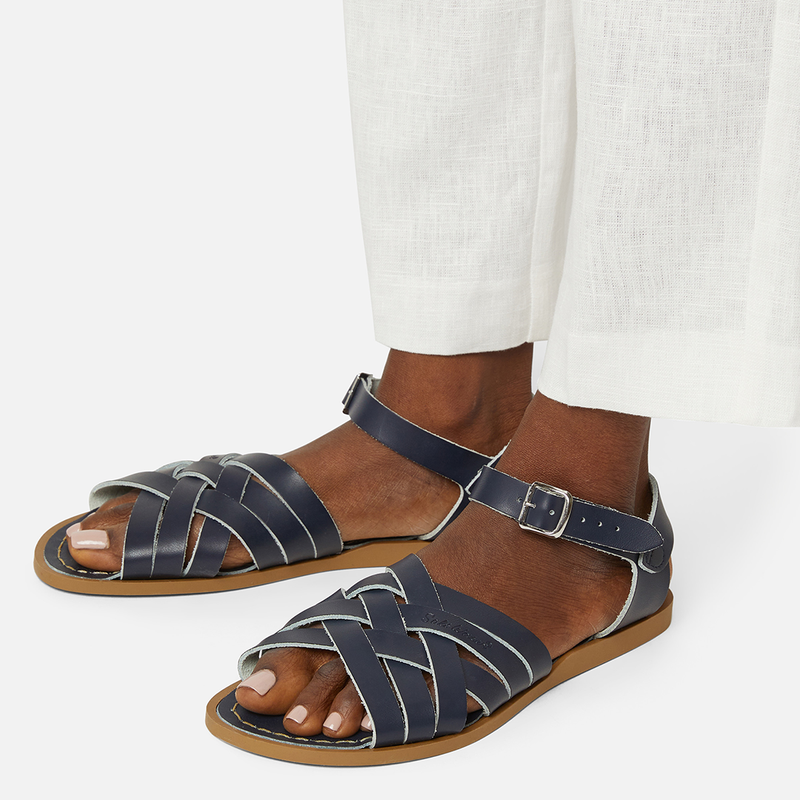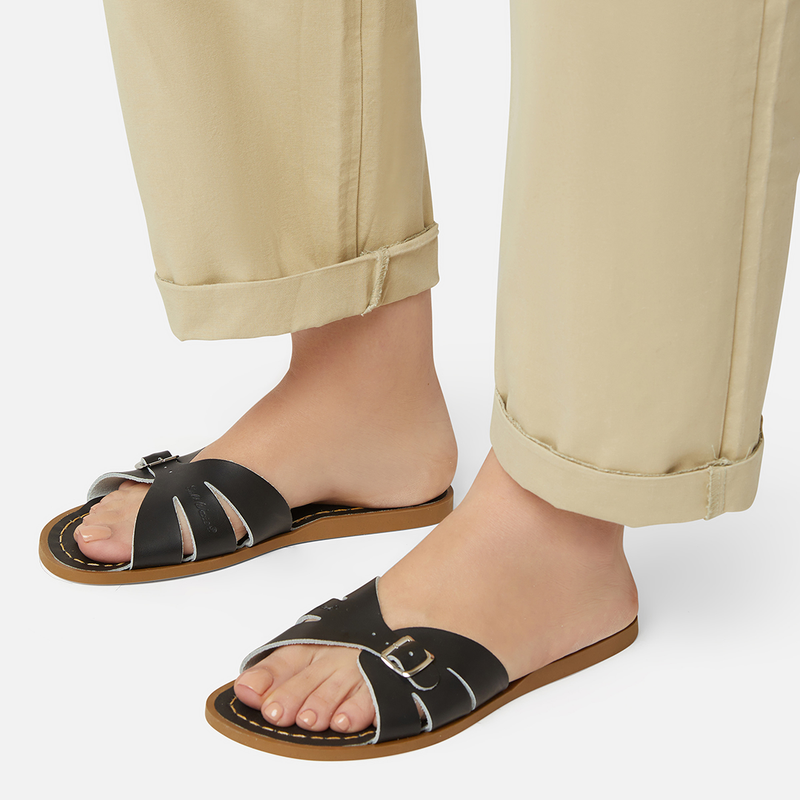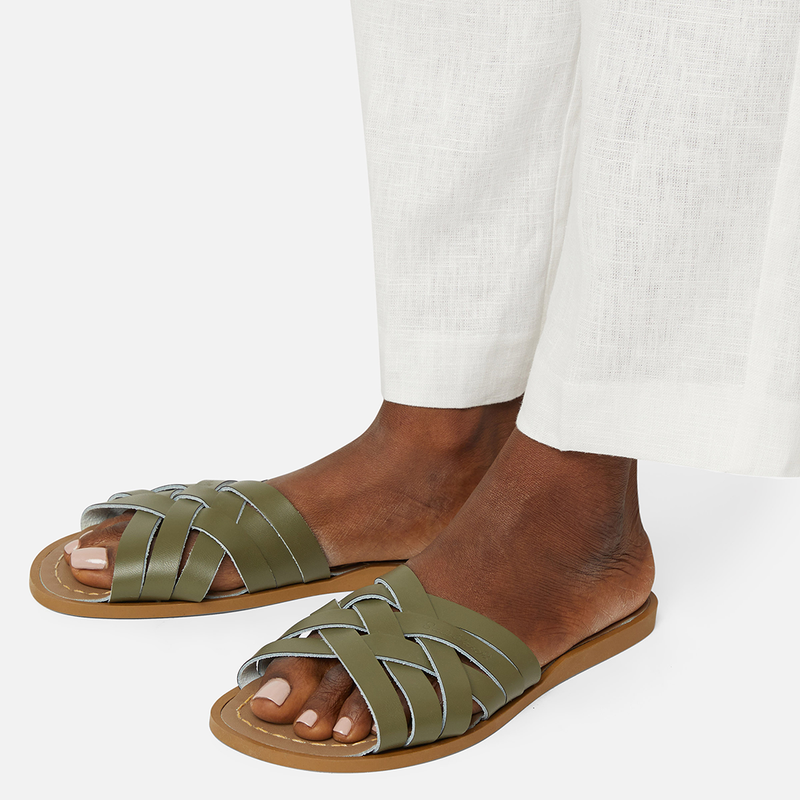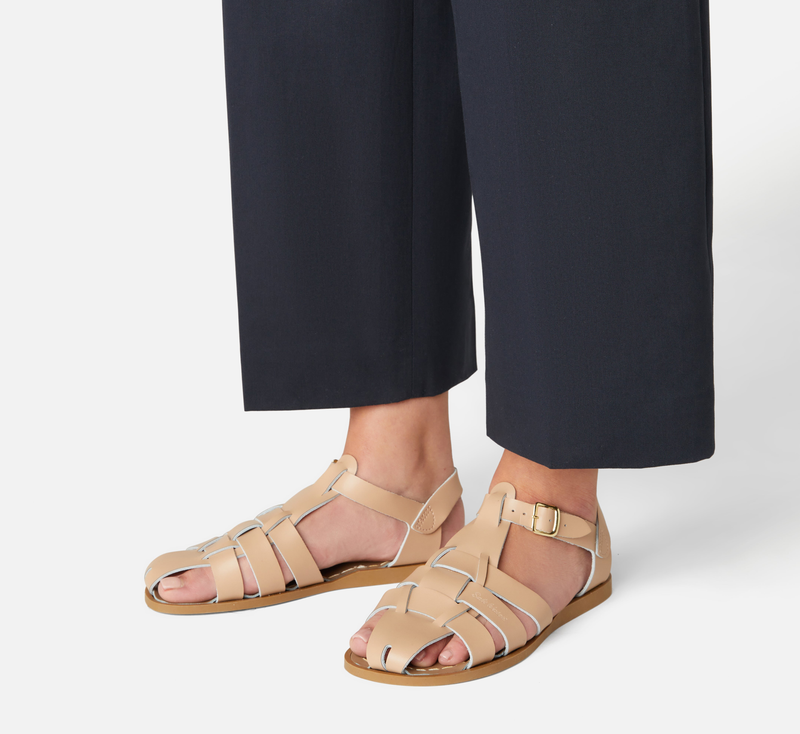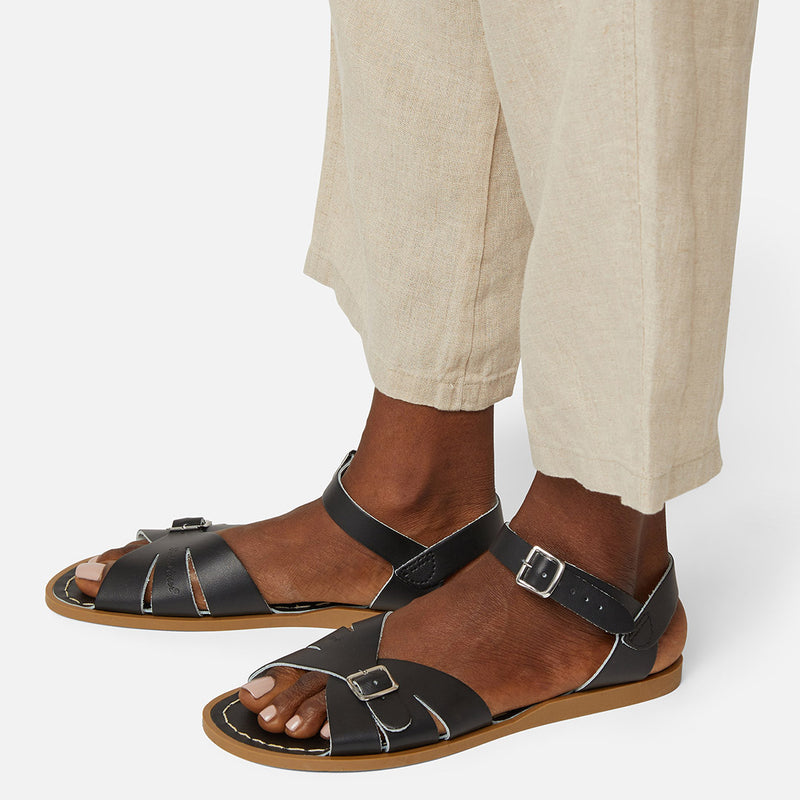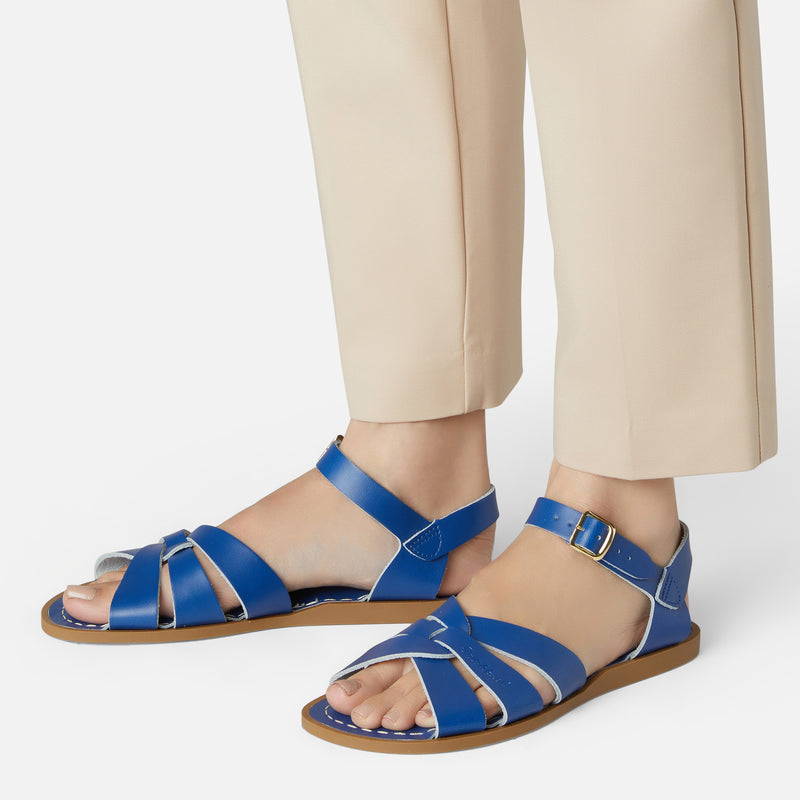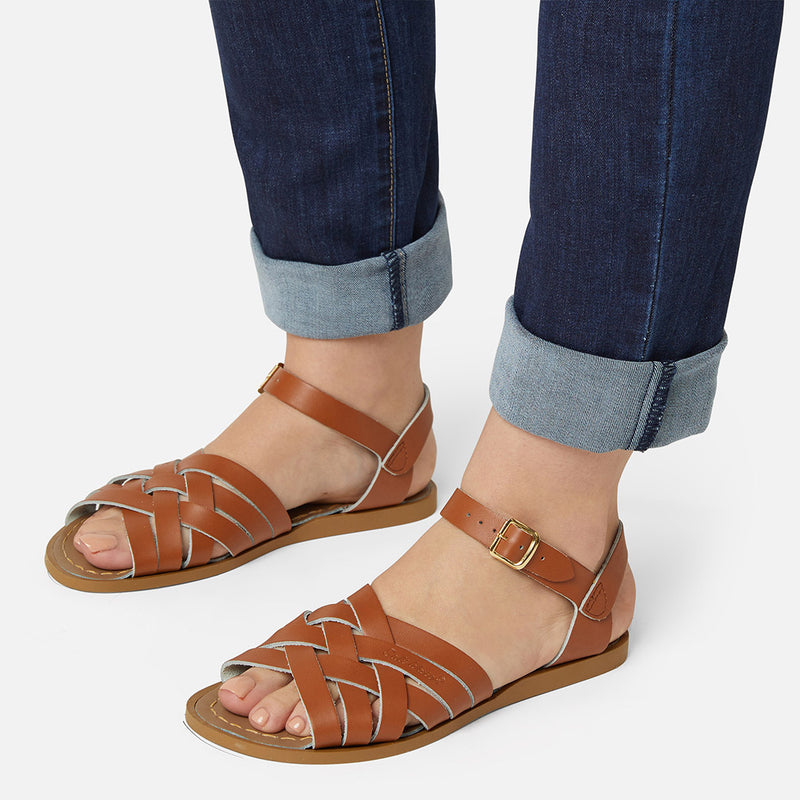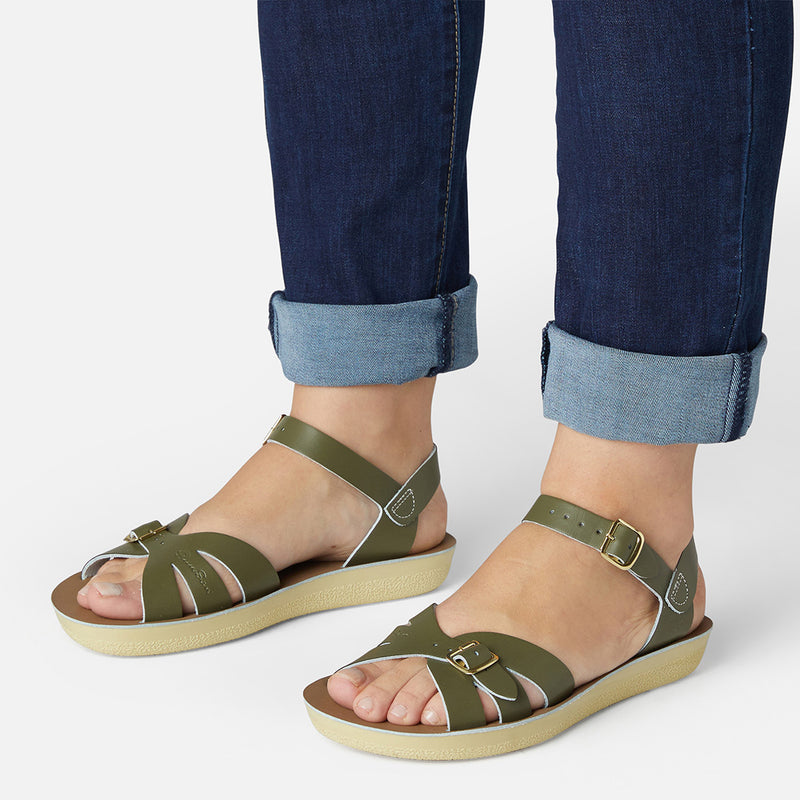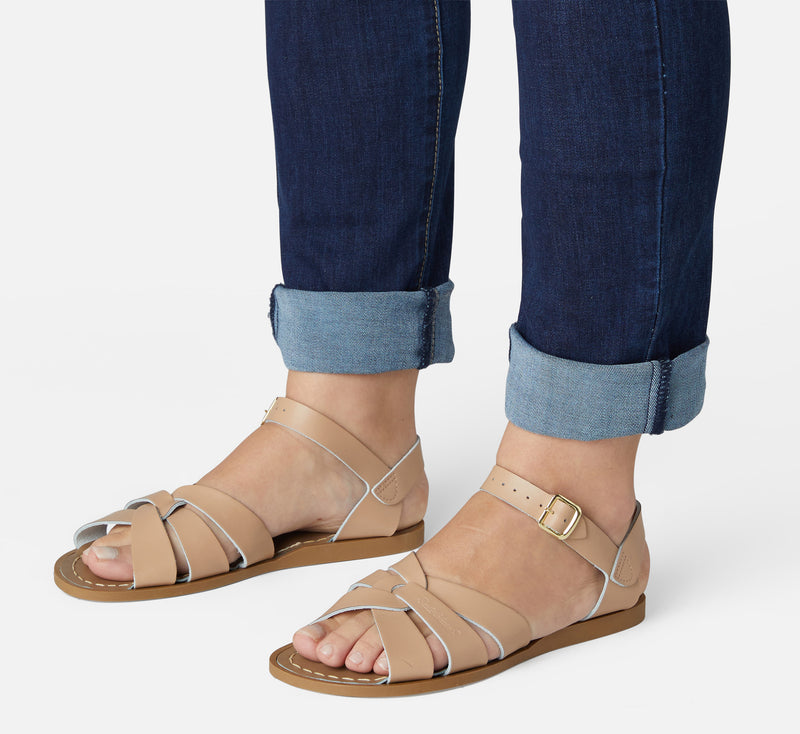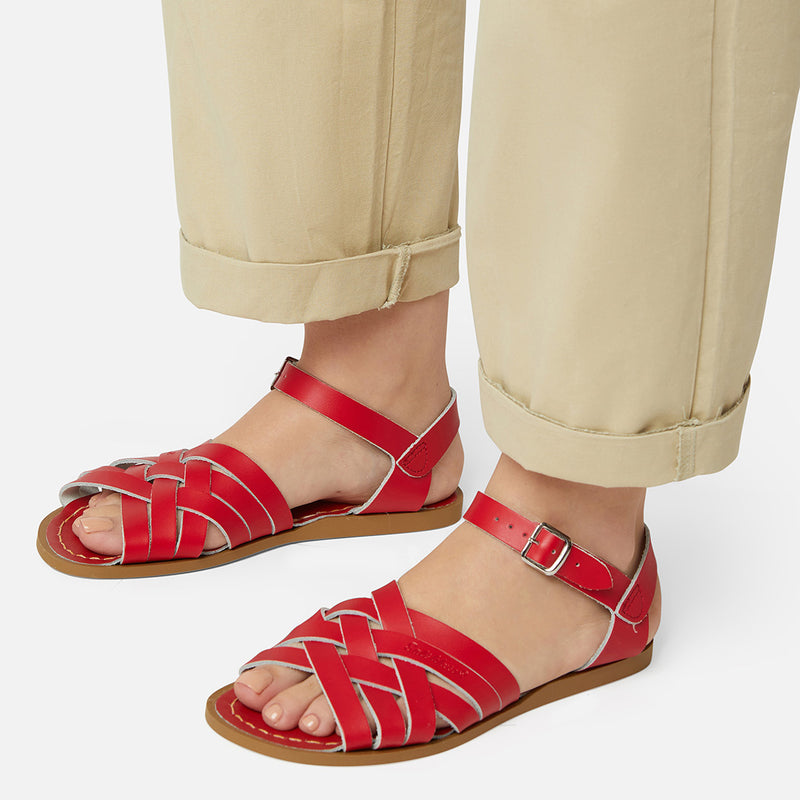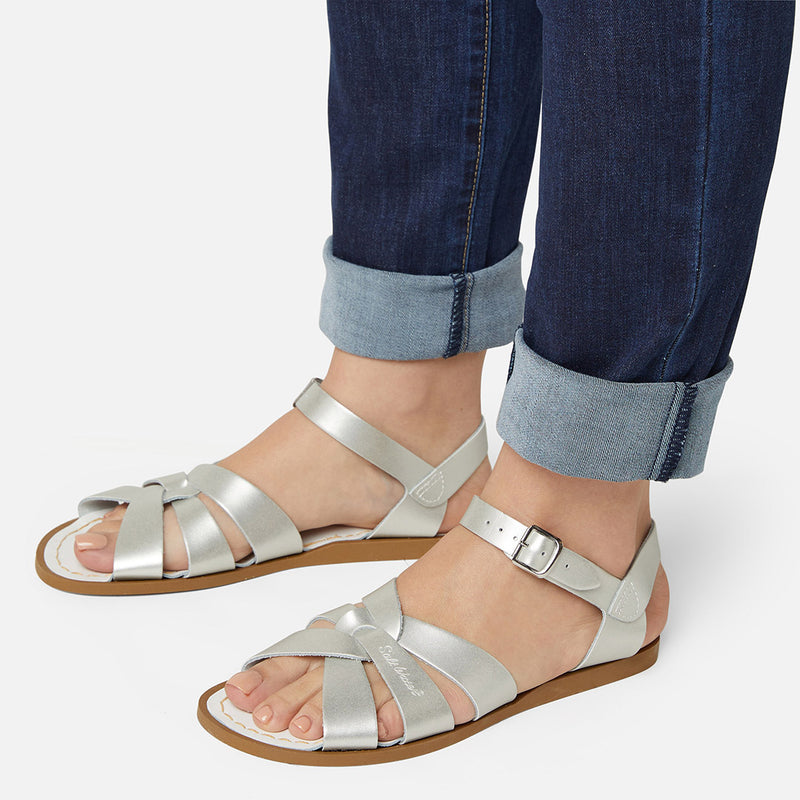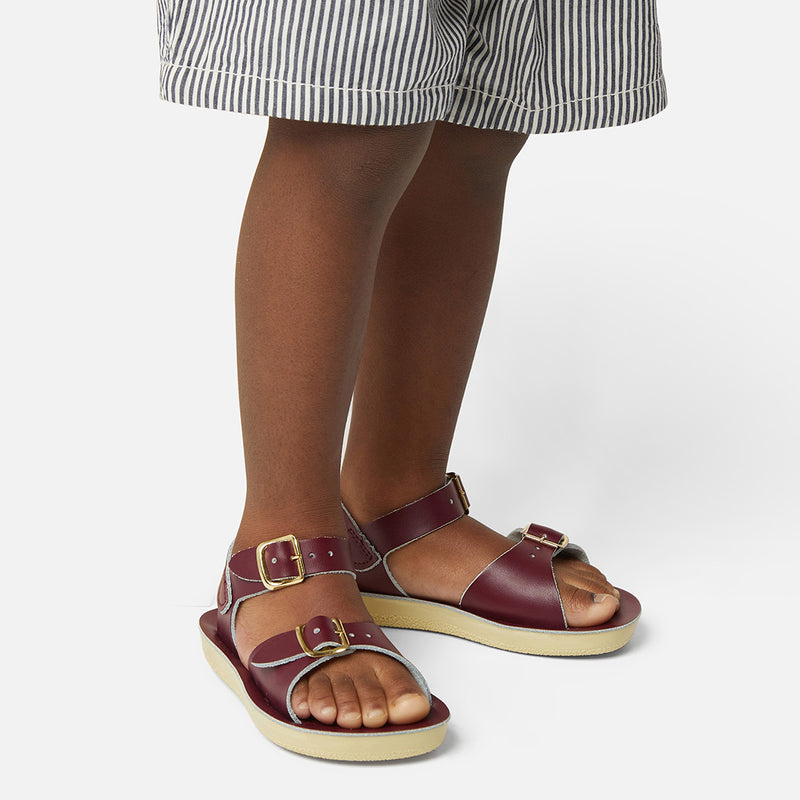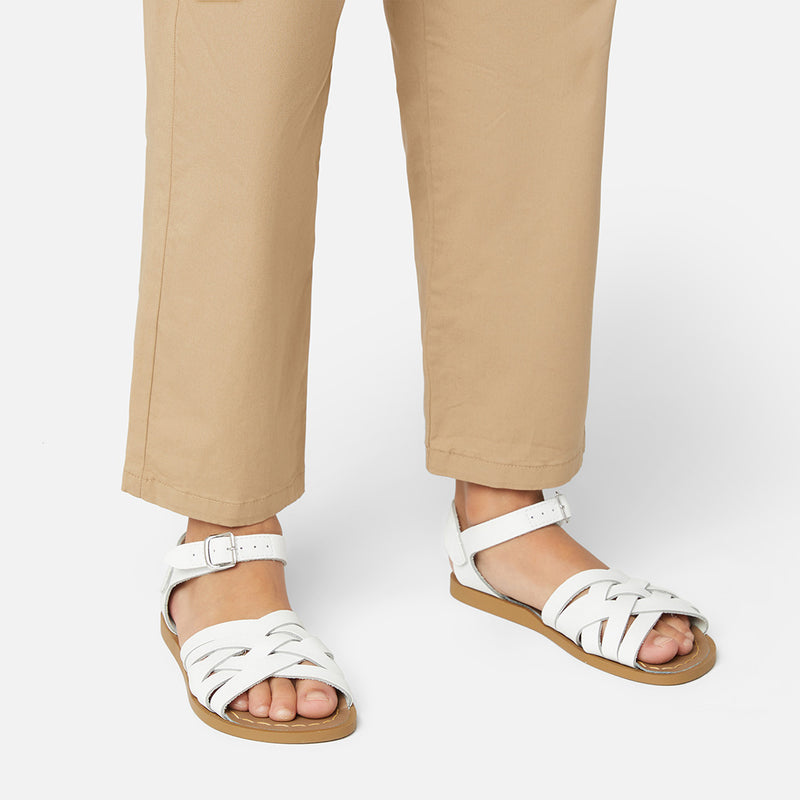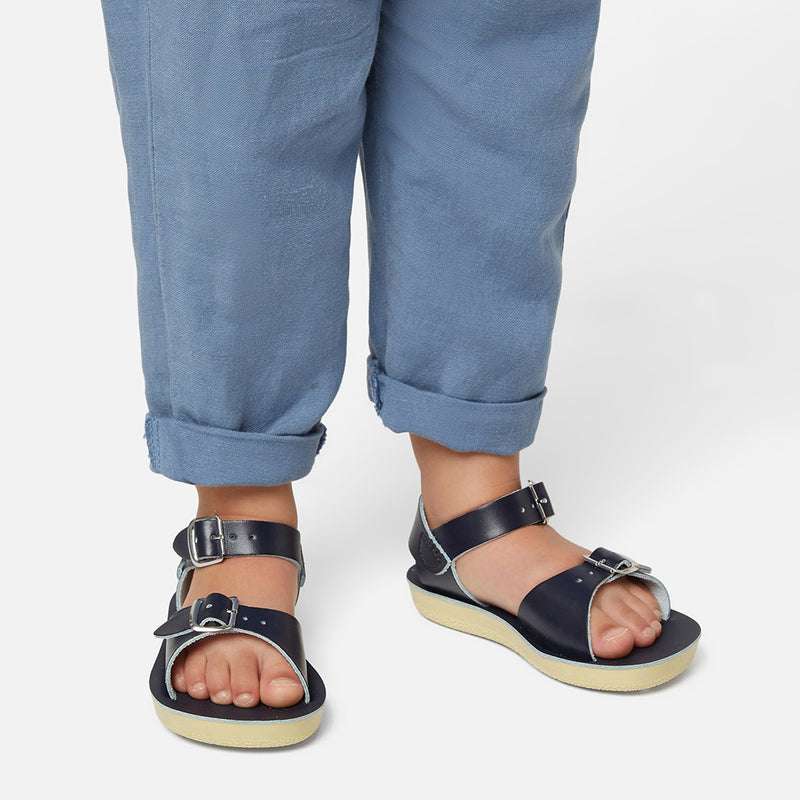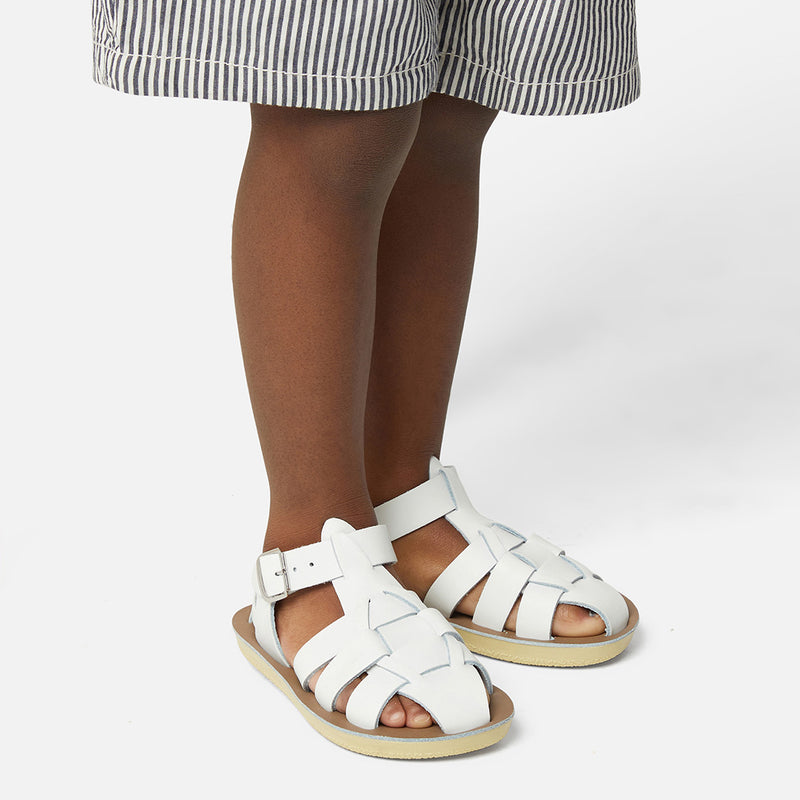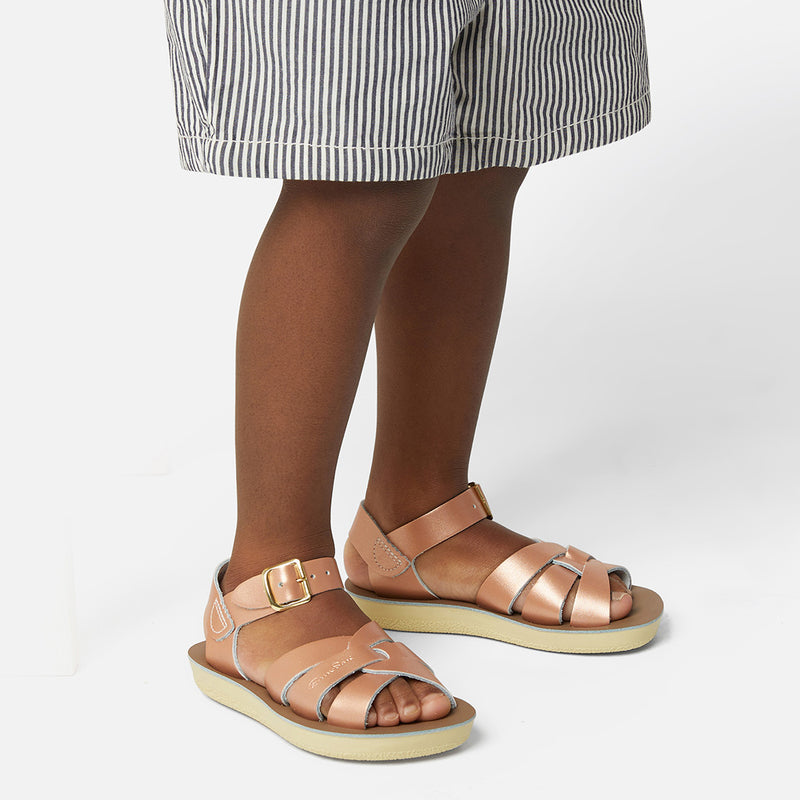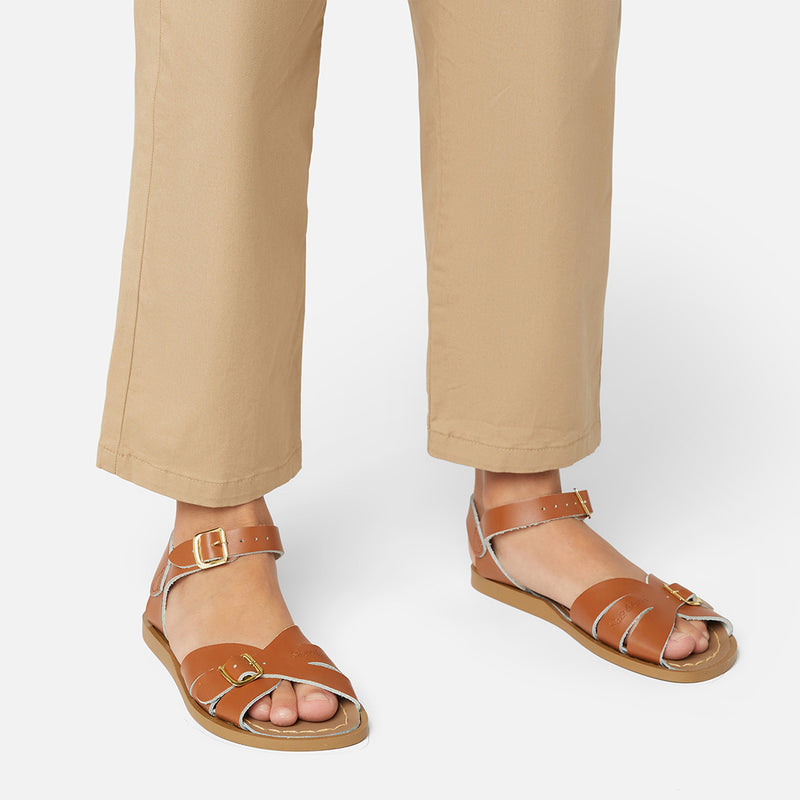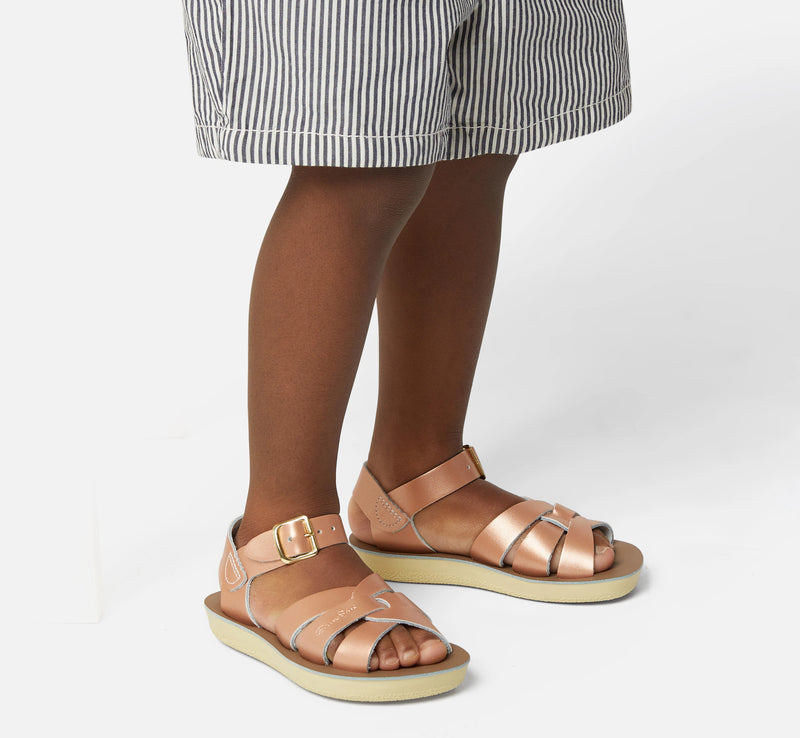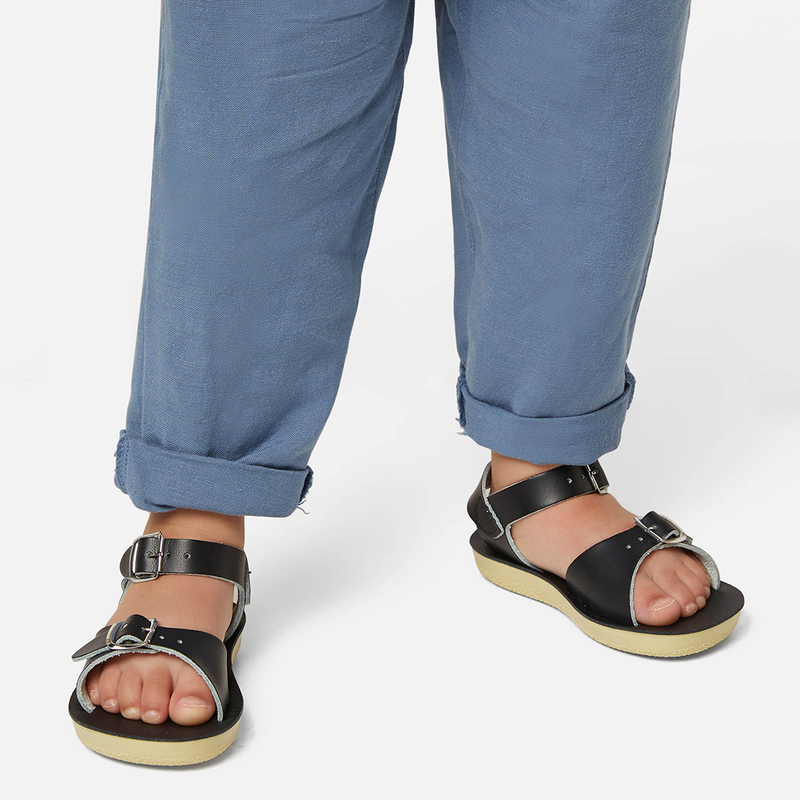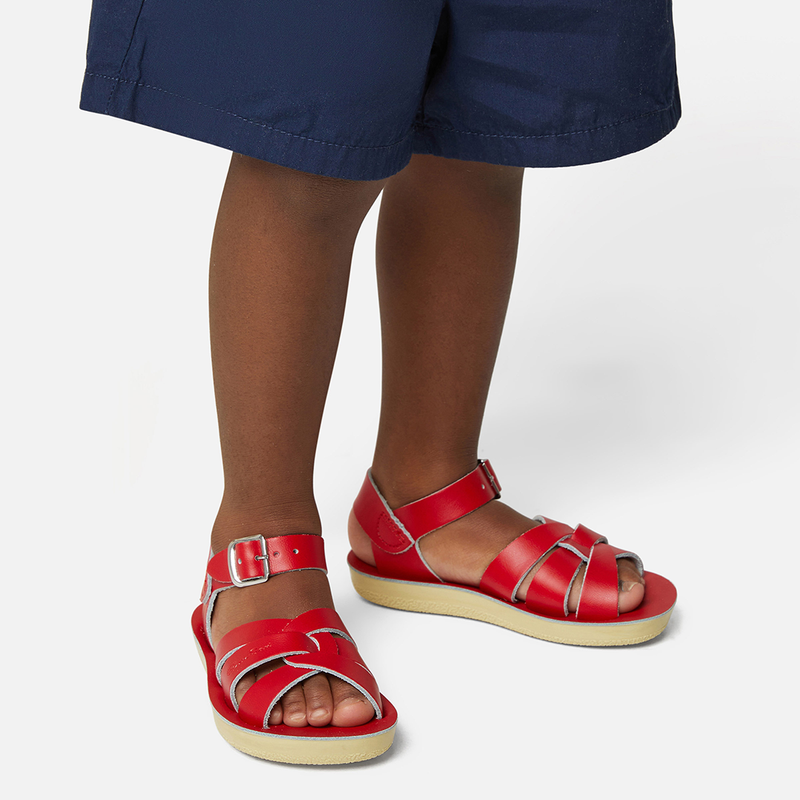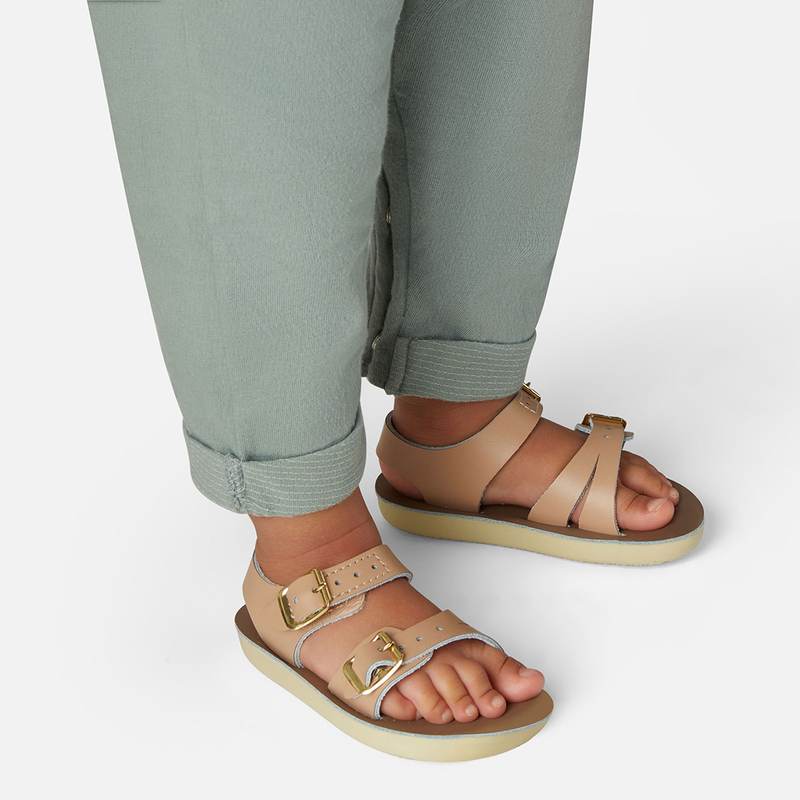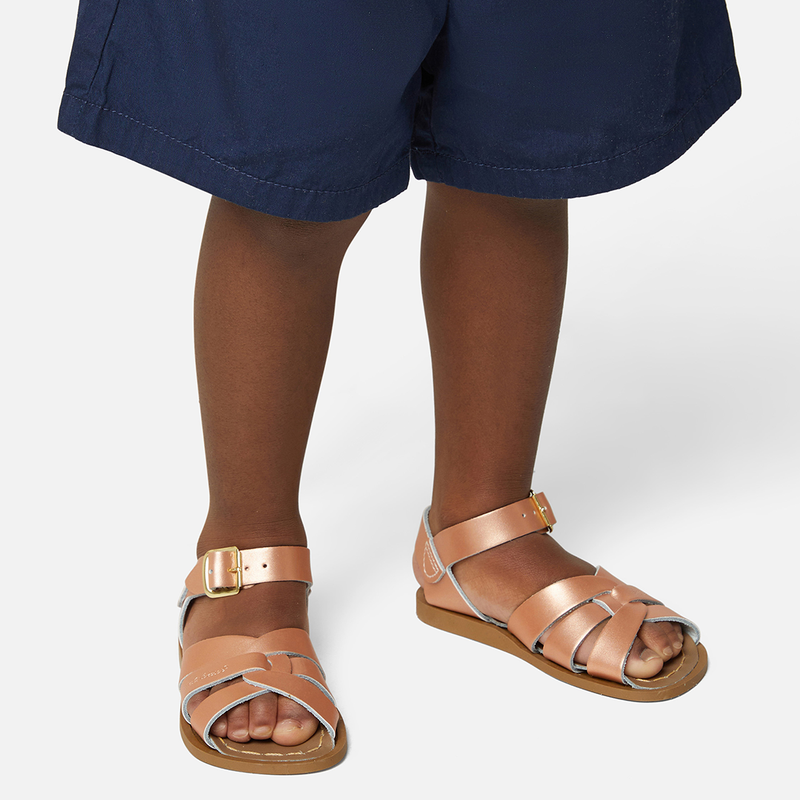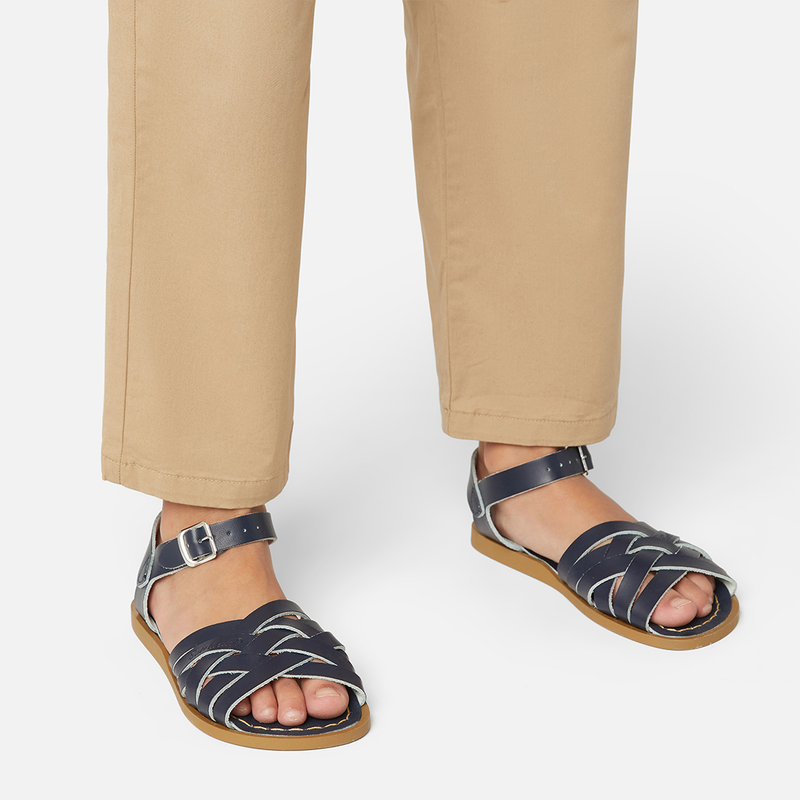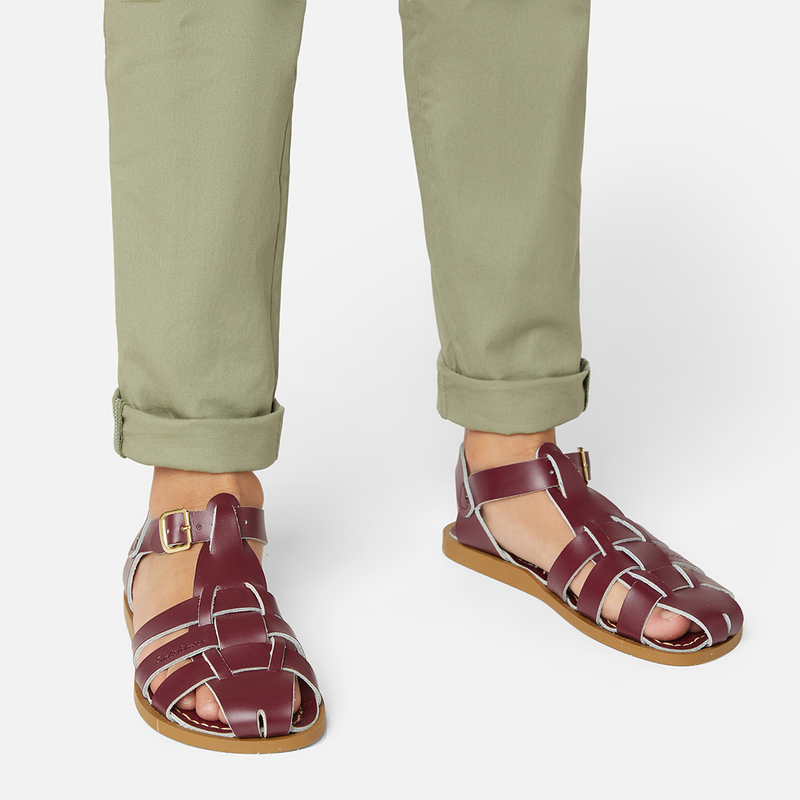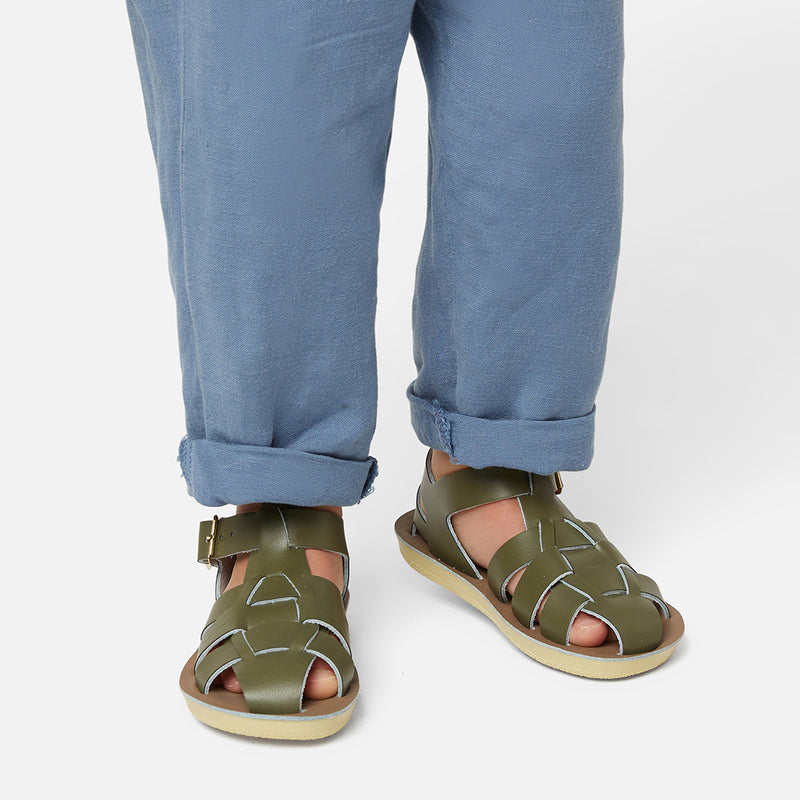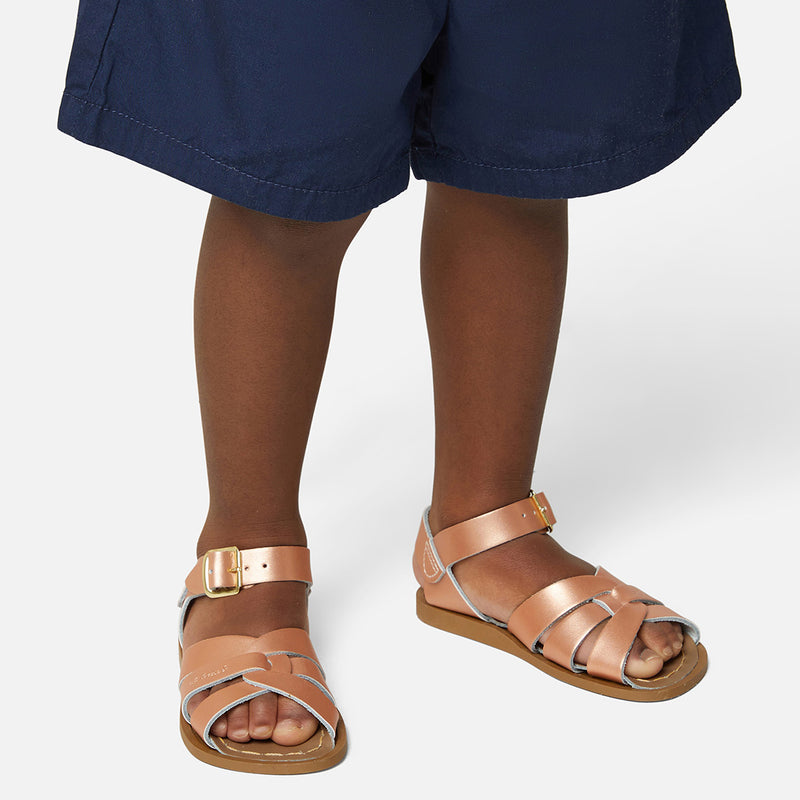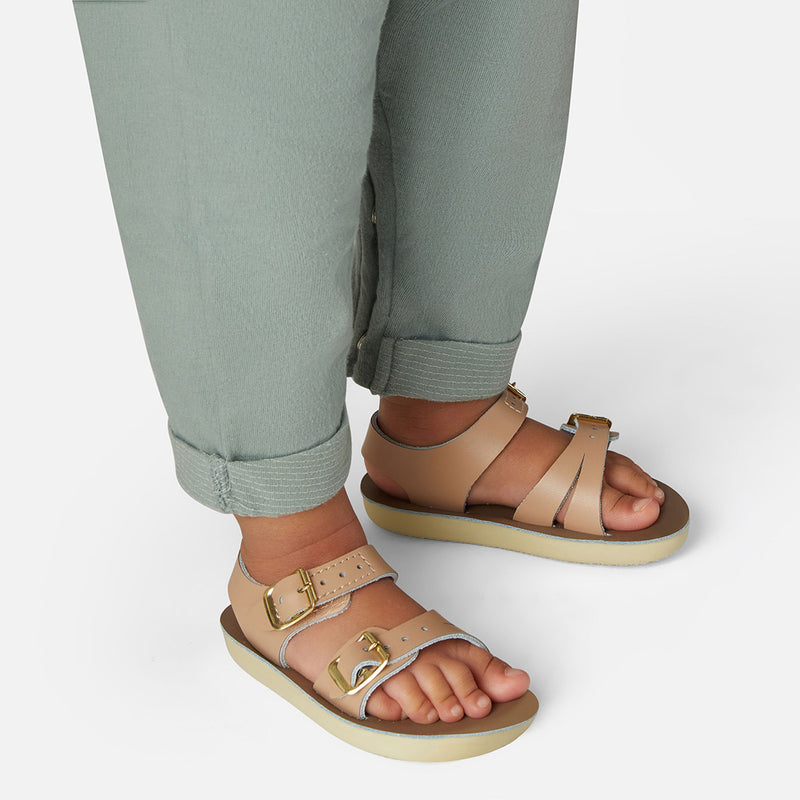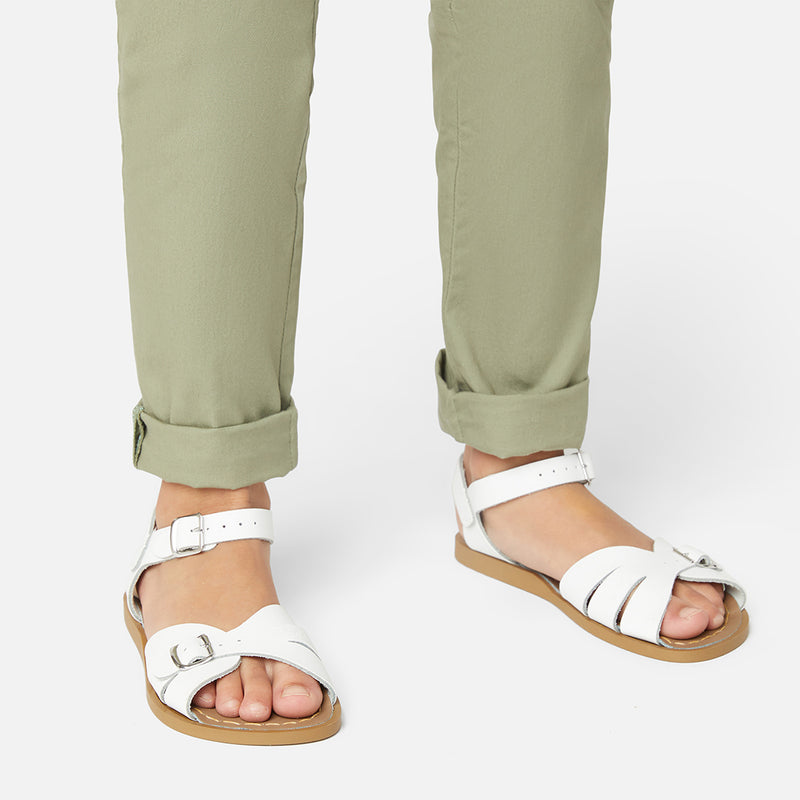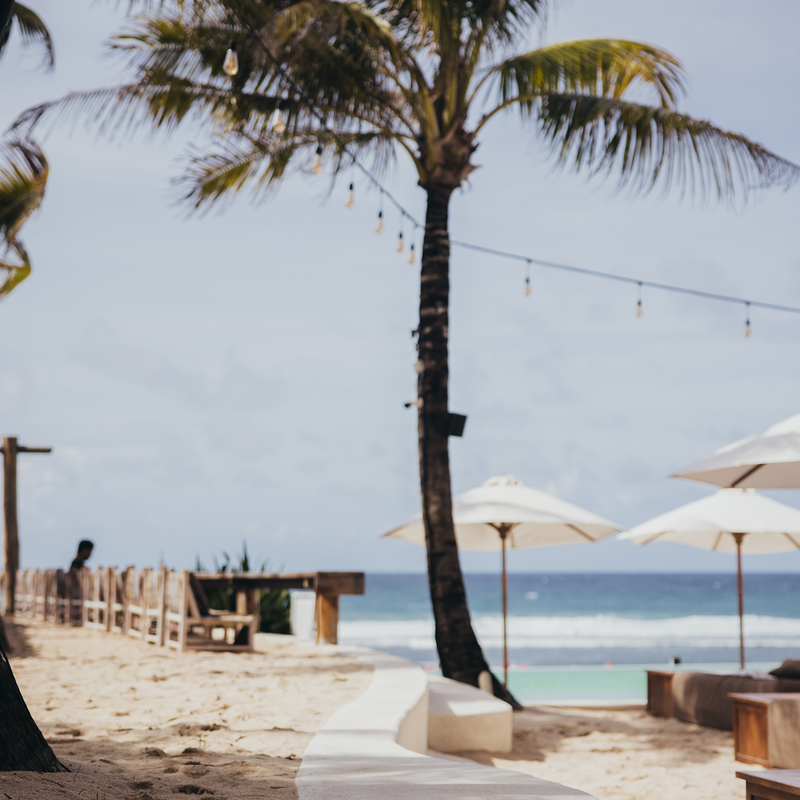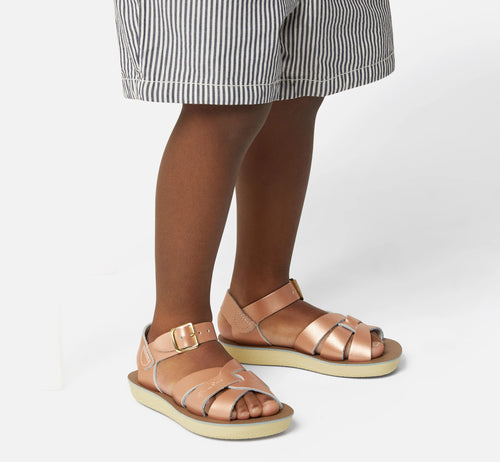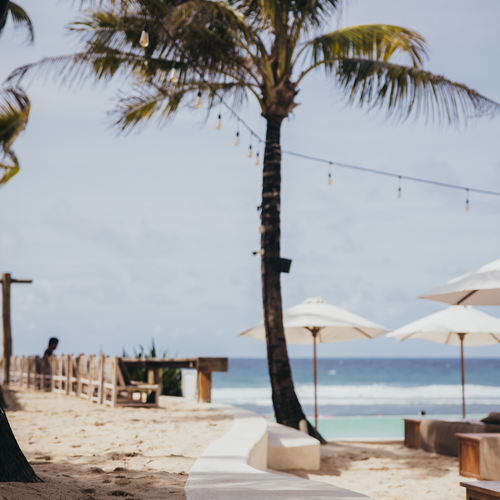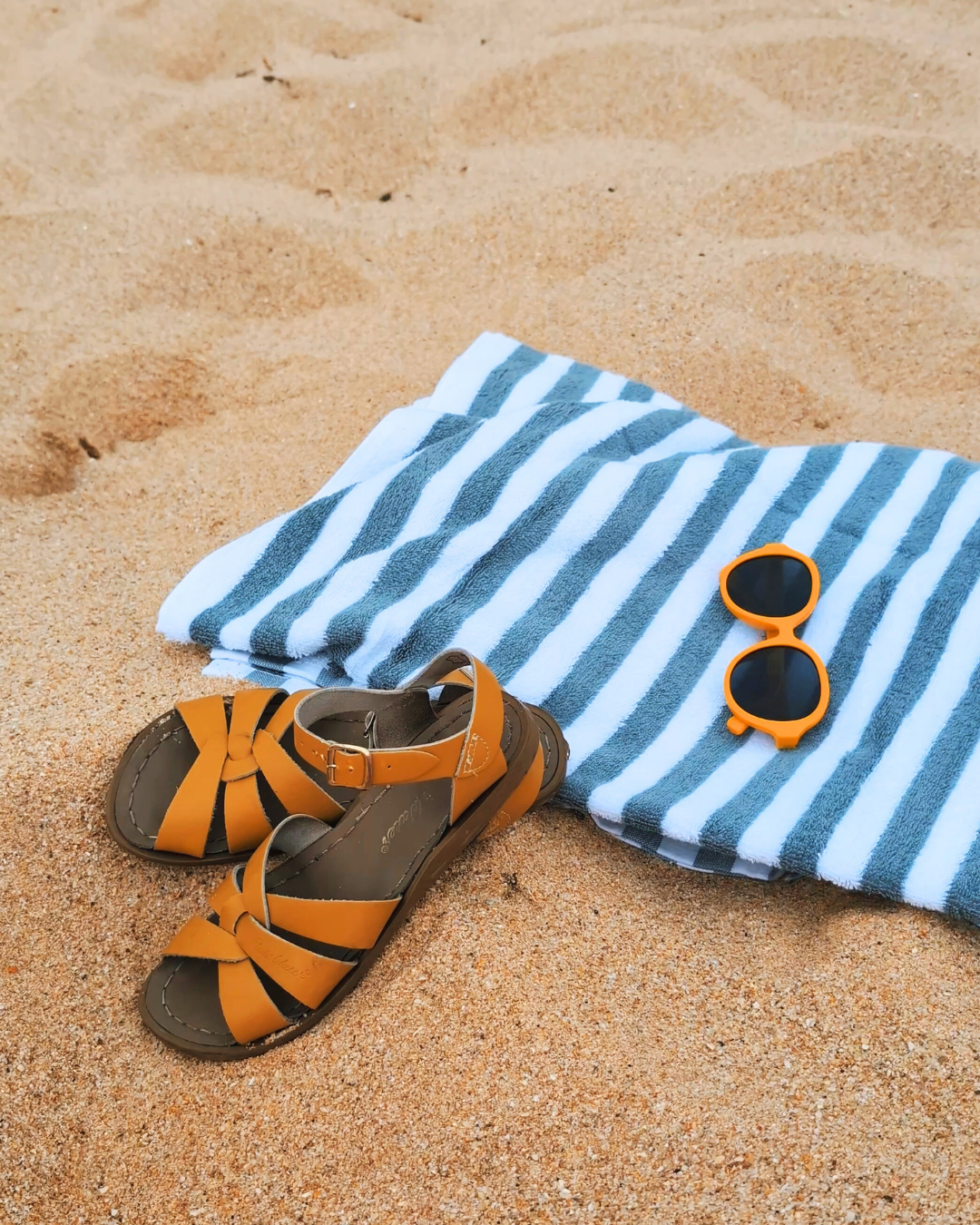
Ìle de Ré - A Cycling Guide to a beautiful French island

Île de Ré is a beautiful corner of France on the Atlantic coast scattered with picturesque villages and due to its flat landscape best explored by bike! Whether you’re cycling among pine woods, exploring salt marshes, or grabbing ice creams by the quay, this island is the perfect spot for a holiday spent on two wheels. 
Why Go by Bike?
The island spans about 30 km long and 5 km wide, with nearly zero hills which makes it ideal for casual cyclists and families with younger children. You will also find that most of your routes will be spent on dedicated cycle lanes with barely any need to cycle near car traffic.
There are tons of cycle hire shops to choose from so you will be spot for choice. They also provide tag alongs, trailers, electric bikes and many more options so there really is something for every type of cyclist. 
Must-Visit Stops (By Bike!)
Saint-Martin-de-Ré - A busting harbour town filled with cafes and restaurants alongside some beautiful boutiques.
La Flotte & Ars‑en‑Ré - Possibly our favourite spot on the island. Every corner felt like something out of a postcard with its beautiful flowers and pastel shutters. Don't miss out on the weekly market on Wednesday and Saturdays.
Le Bois‑Plage & Gros Joncs Beach - The shallow water and extensive beach makes this spot a great day out. Head to the beach bar for a well deserved cold drink after an afternoon cycling and swimming.
Salt Marshes & Oyster Cabanes - Ile De Ré is famous for its salt marshes and the western marshes around Loix are perfect for off road cycling and even kayaking. If you are a fan of Oysters then this is the place for you to pick your own fresh ones at the Oyster shacks here.
Ile de Ré is biking paradise: safe, scenic, and absolutely charming. With its car‑free paths, postcard-perfect villages, fresh coastal cuisine, and endless turquoise horizon, it’s the kind of place you explore best at a leisurely, two‑wheeled pace. Whether you’re touring the food markets, racing to the beach, or sampling oysters in a salt marsh.
